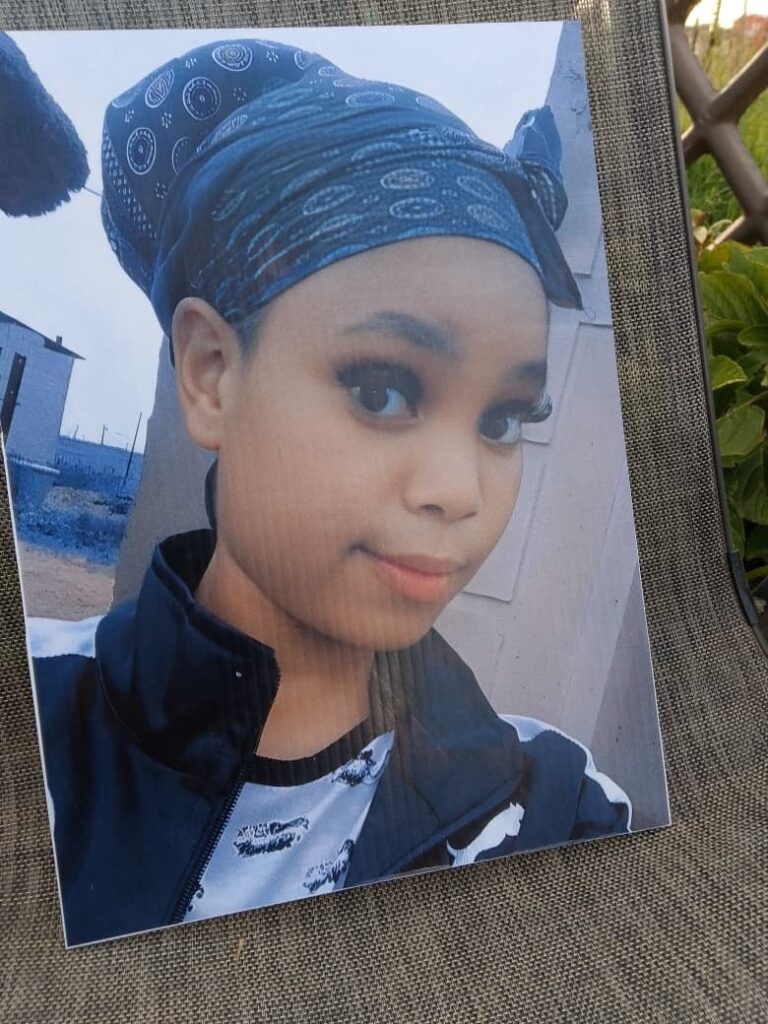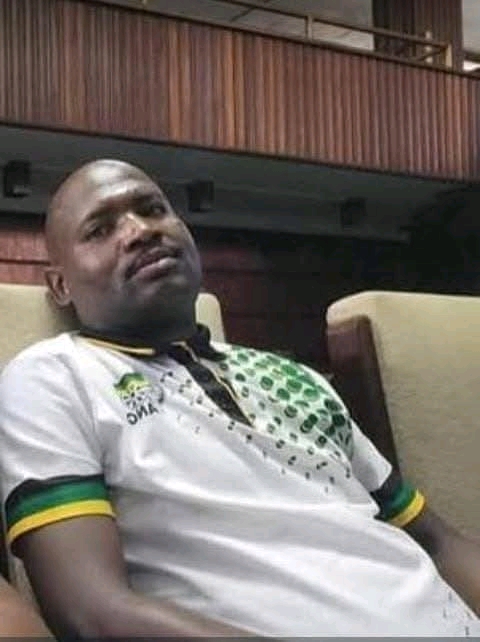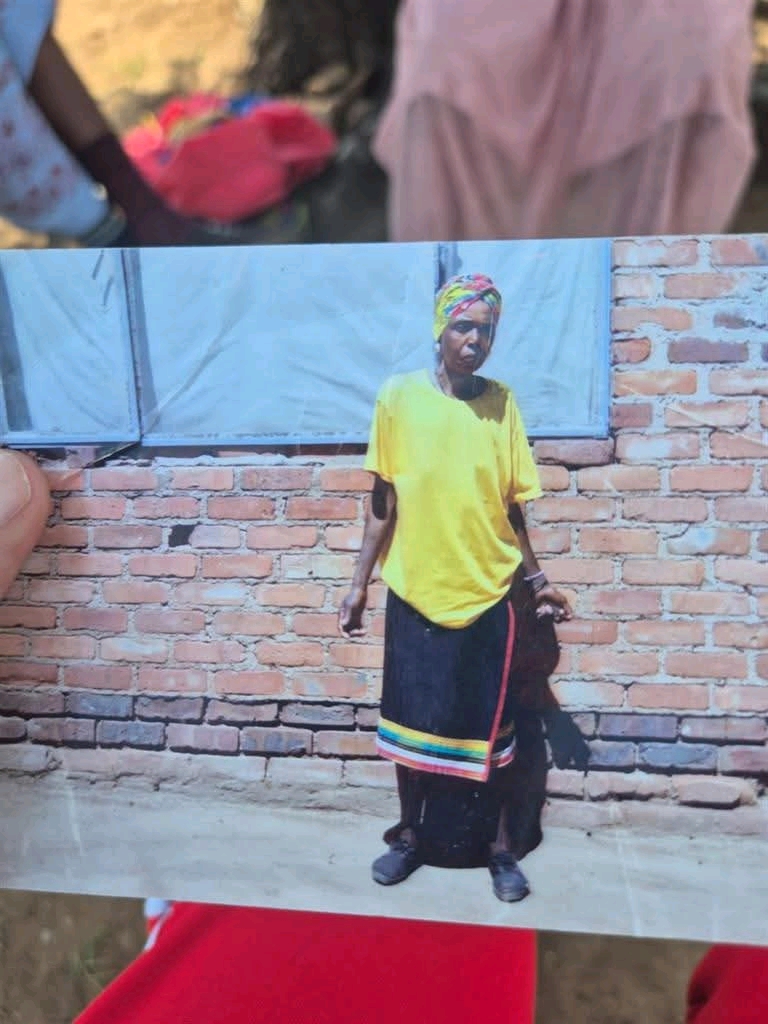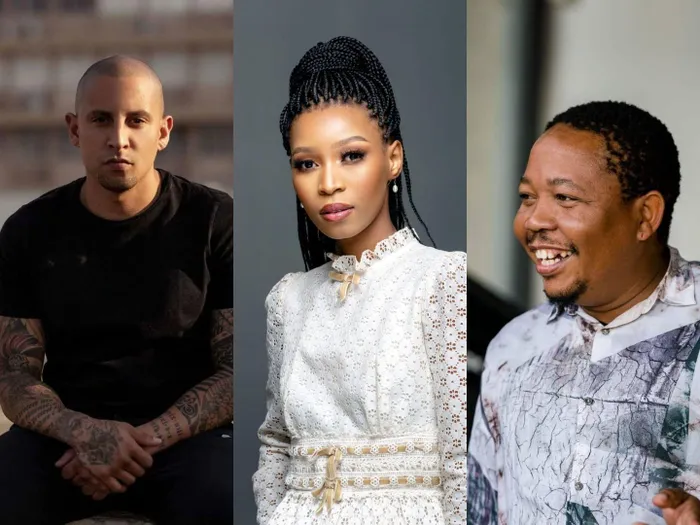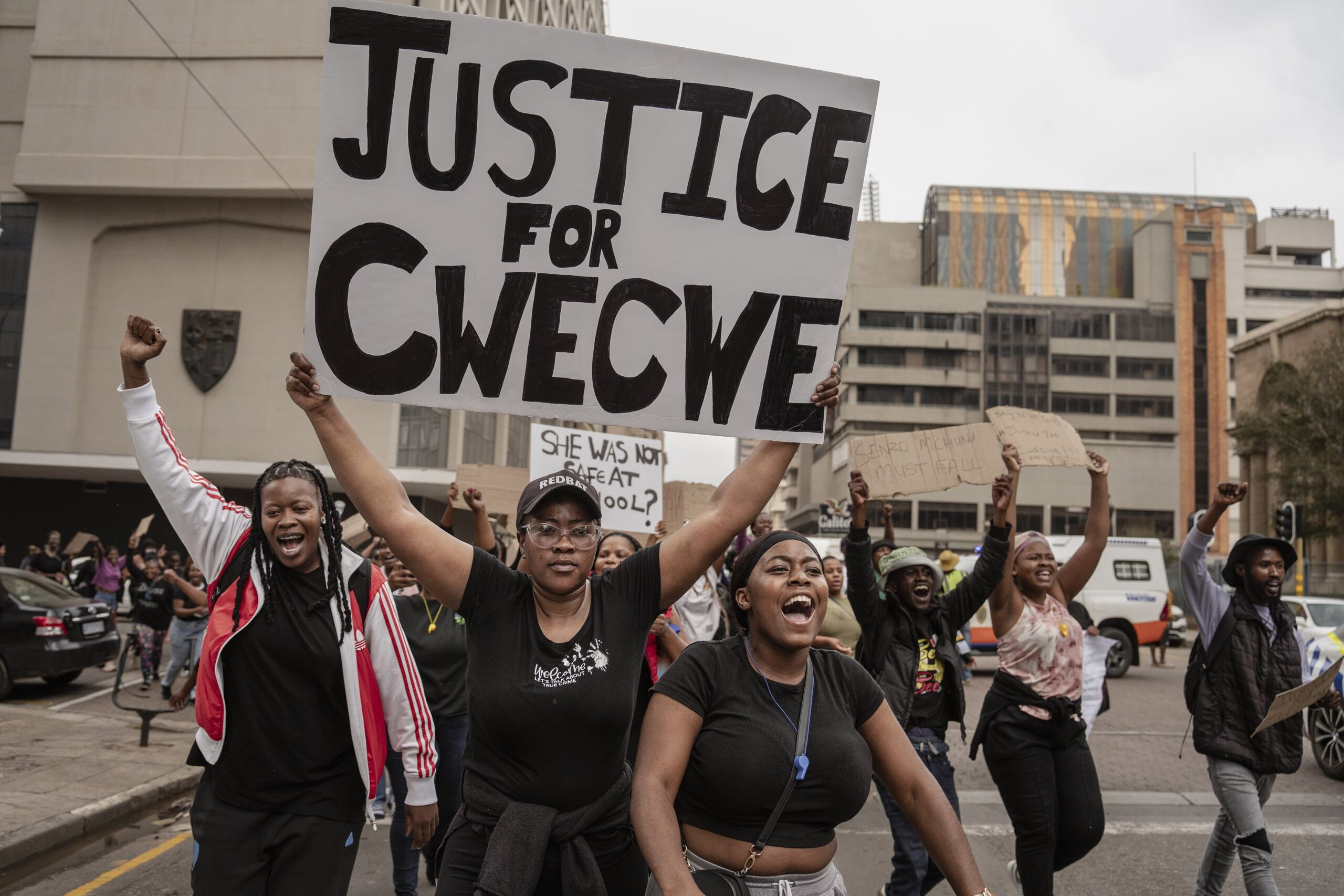
South Africa has once again been shaken by the brutal reality of gender-based violence (GBV), following the alleged rape of a 7-year-old girl in Matatiele, located in the Eastern Cape. The incident reportedly took place on the grounds of Bergview College, a private school in the region, where the young child was allegedly attacked.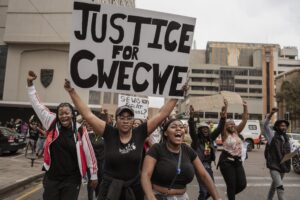
This deeply disturbing case has reignited national outrage and sparked widespread protests across the country. Citizens, activists, and advocacy groups have come together in unity to demand justice for the victim and stronger action against GBV, which continues to plague communities across South Africa.
The child, affectionately referred to in reports as “Cwecwe,” has become a symbol of a broader crisis that affects thousands of women and children throughout the country. Her case has caught national attention not only for its brutality but also because it occurred in a space that is supposed to be safe — a school environment.
Activists say the incident is a stark reminder that no place is truly safe for children when systemic failures and societal issues continue to allow such violence to persist. The fact that the crime happened at a private school has raised further concerns about the lack of proper safety measures and accountability in educational institutions, regardless of their status or location.
Massive protests erupted shortly after news of the rape broke out. In cities and towns across South Africa, people gathered to express their anger and frustration at the slow pace of justice and the government’s inability to effectively combat GBV. Demonstrators carried signs with messages like “Justice for Cwecwe” and “Protect Our Children,” highlighting the deep emotional and social scars left by such crimes.
Civil society groups have also spoken out, urging for reforms in how rape cases are handled by law enforcement and the judiciary. Many believe that the current system too often fails victims, especially those who are young and vulnerable. They argue that urgent action is needed to create a more responsive, supportive, and efficient legal process that prioritizes the well-being of survivors.
In addition, calls have been made for improved mental health and trauma support services for child victims of sexual violence, as well as for families dealing with the aftermath of such incidents.
While the case is still under investigation and the legal process must run its course, South Africans are demanding that this not become just another forgotten headline. They want lasting change, stronger protections, and real consequences for perpetrators of violence.
Cwecwe’s story is heartbreaking, but it has also galvanized a movement — one that insists that the voices of victims, especially the youngest among them, must be heard. The nation’s pain is real, but so is its resolve. And in that, there is hope for a future where such crimes are no longer tolerated.

